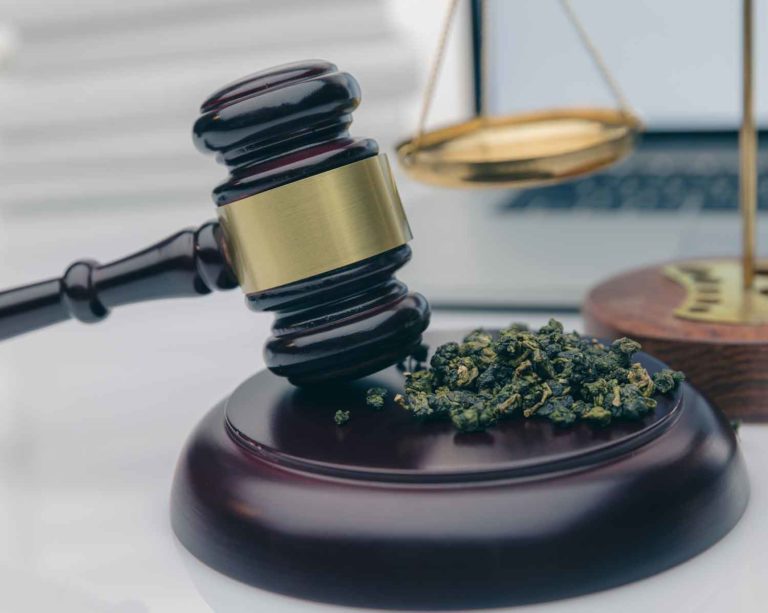
This past week, the organization behind IM 26, the South Dakotans for Better Marijuana Laws, filed four ballot initiative measures to legalize recreational cannabis. These measures became filed ahead of the Supreme Court’s ruling on Amendment A. Both measures, IM 26, and Amendment A, received approval by voters in the November 2020 election. IM 26 has already taken effect as medical cannabis is now legal in South Dakota. However, Amendment A became challenged by the Highway Patrol on behalf of Governor Kristi Noem, R.
The Supreme Court of South Dakota heard Amendment A’s case at the end of April. Recently, a spokesperson said a ruling won’t come until after July 1. This is when Amendment A should have legalized recreational cannabis. To stay ahead of the game, South Dakotans for Better Marijuana Laws’ leaders Brendan Johnson, Melissa Mentele, and Tim Billion filed these ballot measures should the Supreme Court overturn Amendment A.
Initiative Process
In order for initiatives to become placed on the ballot, they must go through several steps. First, the measures must become accepted by the Legislative Research Council. Then it moves on to the Attorney General. Finally, the measure moves to the Secretary of State for final approval.
Once the Secretary of State approves the initiative measure, activists have until November 8, 2021 to collect nearly 34,000 signatures for any constitutional measures. 17,000 signatures require collection for statutory measures.
Constitutional Approaches
Activists filed two constitutional approaches. Each approach would legalize up to one ounce of recreational cannabis for those 21 and older. Each approach would also allow each adult to grow up to three plants for their own personal use. If there are more than two adults living in the house, then a household can grow up to six plants for personal use. No public consumption is allowed. Those caught doing so will receive a hefty fine. Finally, both approaches state employers can’t be prevented from placing cannabis use restrictions on their employees.
There are a few differences between each constitutional approach. Under the first approach, the legislature is required to create a regulatory system for the sale, cultivation, processing, and testing of recreational cannabis. Under the second approach, retail sales do not become automatically legal. However, there wouldn’t be any language that would prevent lawmakers from creating commercial sales and laws later on.
Statutory Approaches
The other two initiative measures filed were statutory approaches. Again, both would legalize up to one ounce of recreational cannabis for those 21 and over. Adults can also grow up to three plants in their home for personal use, and if more than one adult lives in the house, then six plants are legal. However, home growing cannabis near cannabis dispensaries will not be legal. No public consumption is allowed and employers can place restrictions on worker cannabis consumption.
There are more differences between the statutory approaches than with the constitutional approaches listed above. Under Statutory Approach 1, the Department of Revenue would be responsible for any and all regulations of recreational cannabis in South Dakota. A 15 percent excise tax applies to all cannabis sales. Finally, when the program becomes established and funds become covered, half of the tax revenue would go to helping fund public schools. The other half would go towards the state’s general fund.
Statutory Approach 2 would act much like Constitutional Approach 2. Sales won’t be legal directly under this approach. However, the language does allow lawmakers to add in commercial regulations later on.
Future
“I’m proud to be a sponsor of these initiatives because they represent the will of the voters,” South Dakotans for Better Marijuana Laws leader Melissa Mentele said in a press release. “South Dakotans support cannabis legalization. If Amendment A [becomes] repealed, then we need to be prepared to put legalization on the ballot again.”
These initiative measures remain filed with the Legislative Research Council. Should the Supreme Court overturn Amendment A, then the organization will move forward with the different measures. Should Amendment A become legal, these measures will not move forward. Only time will tell.
When the South Dakota Supreme Court releases their ruling on Amendment A, we will update you with the latest.
Make sure to check back for more cannabis and hemp related news.